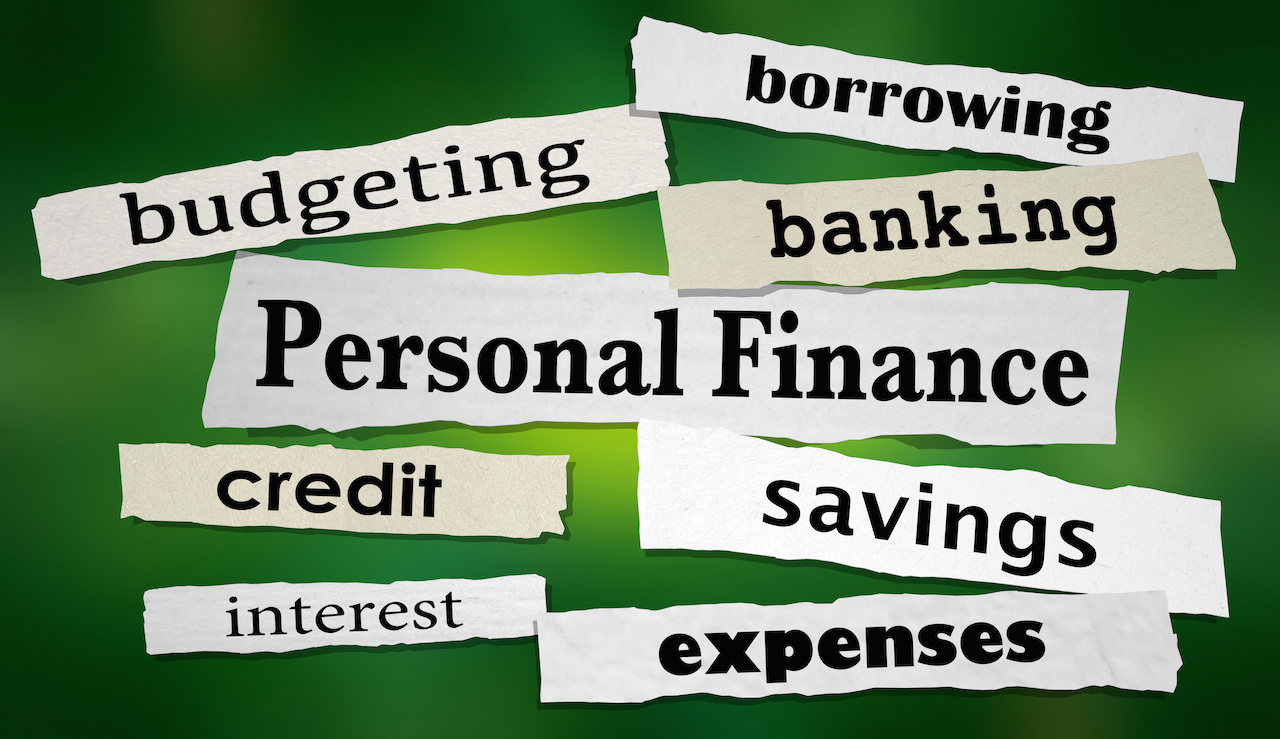All things credit explained by Credit Sesame. Credit, Credit Score, Credit Rating, Credit History and Credit Report
Terms like credit score and credit report get used a lot, but not everybody has a clear idea of what they mean. That’s unfortunate, because these credit-related things can have a direct impact on your finances.
Credit scores and credit reports can provide insights into how you’ve used credit in the past. They indicate how much experience you’ve had with using credit, and how reliable you’ve been at making payments. Those insights are important, because lenders and other types of companies use them to make decisions about you.
To some degree, you can manage this information so that it’s used in your favor rather than against you. That starts with understanding what type of credit information about you is being collected, and how it is used.
What is credit?
To start with, what do people mean when they use the word credit?
Generally speaking, credit means access to borrowing money. There are two major types of credit that consumers use frequently:
- Installment loans. These are loans for a specified amount that are designed to be paid back over a set period. Examples include car loans, mortgages, student loans and personal loans.
- Revolving credit. This is access to a credit line, where you can vary the amount you borrow from that credit line and how long you take to pay it off. Examples include credit cards and home equity lines of credit (HELOCs).
Getting access to credit depends on how confident lenders are that you will repay what you owe. The interest rates they charge you will also depend on that level of confidence.
There are a variety of factors that lenders look at when deciding whether to lend someone money. Your income, job history, other financial obligations and the value of any collateral you can put up may all be considered. However, not all of these are considered part of your credit history.
One of the most reliable things lenders feel they have to go on in making these decisions is your track record of making payments on your credit accounts. That’s why your credit history has a huge influence on your future access to credit.
What goes into your credit history?
When lenders look at your credit history, what exactly are they seeing?
There are three major credit bureaus that compile credit information about consumers: Equifax, Experian and TransUnion.
Their goal is to provide a complete picture of your past and current use of credit. Each of the three credit bureaus has similar (but not always identical) information on your credit history. For example, Experian gathers the following:
- A list of your credit accounts for the past two years
- Information on when those accounts were opened and closed, where applicable
- The balances on each account
- The credit limit available on each account
- Your payment history for each account, including any past due payments
- Any delinquent payments that have been referred to a collection agency, charged off or settled
- Any record of bankruptcies (a chapter 13 bankruptcy will remain on your record for 7 years, and a chapter 7 will remain for 10 years)
- Recent inquiries into your credit history, which may indicate you’ve been applying for new credit accounts.
By looking at all this information, it is possible to get an impression of how reliable you’ve been when it comes to making payments on your credit accounts. That and a sense of how financially extended you are already, based on your current credit accounts and recent inquiries.
What is a credit report?
A credit report provides a summary of your credit history combined with personal information about you.
The credit report lists any available records of the credit usage information listed in the previous section. So, basically a credit report includes your past payment history, any credit problems like bankruptcies and payment defaults, and your current credit accounts.
In addition, the credit report includes personal information that can be used to accurately identify you. The following are types of personal information you can expect to see on your credit report:
- Your name and any variations of your name that have been associated with your credit accounts. For example, if you full first name is William but you opened a credit account using the name Bill, both may appear in your credit report.
- Any addresses that are or have been associated with the credit accounts covered by the report.
- Your birth year.
- Any phone numbers you have provided in connection with accounts covered by the report.
- The name of your spouse or any co-signers or joint account holders on your credit accounts.
- The names of any current or former employers you have provided in your credit applications.
Note that creditors may not report to all three credit bureaus. As a result of differences in reporting, your credit report from one credit bureau may differ from the reports issued by the others.
Credit score and credit rating
One thing that you won’t find in your credit report is your credit score. This is a three-digit number that summarizes how favorable your credit history is.
The information in your credit report may be used to calculate a credit score, but that calculation can differ according to the situation. Because of this, your credit score may vary at any given time.
For one thing there are different companies that calculate credit scores. FICO and VantageScore are the most prominent ones, but other credit analytics companies and lenders may calculate their own credit scores.
Also, the calculation of credit score may vary according to the situation. Depending on the type of loan you are looking for, different factors might be weighted differently in arriving at your credit score.
Note that the terms “credit score” and “credit rating” may be used to mean the same thing. Sometimes though, the term “credit rating” may describe a more general range that your credit falls into, such as poor, average, good or excellent.
How is your credit history used?
As noted earlier, lenders look at your history to get a sense of how risky it is to lend you money. From that credit history, they can see how much experience you have with using credit. They can see if any of that experience includes problems with making payments. Your credit report will also tell them what other credit accounts you have that might make any new debts difficult to pay.
Sometimes a potential lender wants to take a deep dive into the details of your credit report. At other times, they might just want to get a general sense of your credit history from your credit score.
Lenders are not the only ones who may be judging you based on your credit history. These days many employers and landlords check into the credit history of applicants. Employers are interested in seeing how reliable you are, and whether you have financial problems that might cause a conflict with your job responsibilities. Landlords want to see whether you’ve been good at keeping up with your payments in the past.
So, with employers and landlords showing an interest in the credit record of applicants, if you damage your credit history you might limit your job or housing opportunities. Finally, credit history also factors into pricing decisions that insurance companies make. Research has shown that people with low credit scores are more likely to file auto insurance claims.
That costs insurance companies money, so they tend to charge higher insurance premiums to customers with bad credit. This practice is controversial, and is not legal in all states. However, if you live in a state where it is legal, a bad credit history could cost you more money on your car insurance.
Managing your credit record
There’s a lot riding on your credit record:
- The cost of using credit
- The ability to get credit
- Potential job opportunities
- Housing availability
- Auto insurance rates
Given all this, it makes sense to manage your credit record to keep it in good shape. Here are four ways to do that:
- Set up a system that helps you make all your payments on time. Your payment history is the biggest single factor in determining your credit score, so try not to miss any due dates.
- Think carefully before applying for new credit. You may see several credit card ads every day, but remember that opening too many accounts can hurt your credit score. Even too many credit applications may hurt you, so when you do need a new account pick one that is likely to approve someone with your credit history.
- Check your credit report regularly. With so many things depending on your credit report, aren’t you curious to see what’s in it? Checking your credit report gives you the opportunity to spot any errors or fraudulent activity, as well as identify areas for improvement.
- Sign up for credit monitoring and alerts of changes in your credit status. Beyond checking your credit report now and then, having credit monitoring can give you a heads-up whenever something happens to your credit history that you need to know about.
Credit scores and credit reports are all part of a history that is going to be use to make judgements about you for years to come. With that being the case, shouldn’t you take a thoughtful approach to writing that history?
You may also be interested in:
- What You Don’t Know About Credit Can Hurt You
- Credit Card Pre-Qualification and Pre-Approval: What’s the Difference?
- Your Annual Credit Report: What is it and is it Accurate?
Disclaimer: The article and information provided here is for informational purposes only and is not intended as a substitute for professional advice.




















